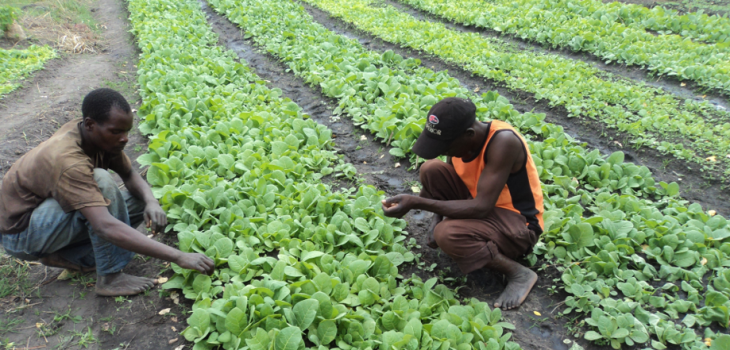By Ronald Labonte, PhD (University of Ottawa), Raphael Lencucha, PhD (McGill University) and Takondwa Moyo, BSc (Lilongwe University of Agriculture and Natural Resources)
When you think Malawi and agriculture, you think tobacco. Why wouldn’t you? While not the biggest tobacco leaf producer on the planet, Malawi remains the country with the highest dependency on this one product for its GDP and public revenue. Malawi is one of the few countries worldwide that has not ratified the Framework Convention on Tobacco Control (FCTC). It still argues in international forums that the Convention is more about robbing poor tobacco farmers of their livelihood than curbing tobacco use. Long regarded as one of the last African governments still in thrall of Big Tobacco, that image now needs a bit of a rethink. As our most recent country study finds, Malawi is ever-so-slightly shifting into a more pro-tobacco control direction.
New policy directions?
There is growing government recognition of the need to reduce the country’s tobacco dependency. This doesn’t mean that its historic policy rhetoric on tobacco as an essential tool for economic development has disappeared. Or that tobacco’s supply-chain legacy as one of the only crops offering some income guarantee for small-holder farmers, however paltry it might be, is under serious challenge. But it does mean that discordant voices are now being heard, and national level development and investment policies are expressing the need for diversification. There is no longer a singular tobacco policy discourse dominating the country but, rather, conflicting policies in search of some resolution or coherence. Such a resolution seems unlikely, however, unless Malawi is able to crack the same nut that keeps other tobacco growing countries in the region similarly addicted: how to ensure profitable supply chains for alternative crops.
The quest for viable alternatives to tobacco
True, there is now more evidence of viable alternatives: soybeans, pigeonpeas, groundnuts, legumes, cotton, and tea, amongst others. But their viability depends on financial support to reduce the risks faced by farmers facing initial out-of-pocket input costs, uncertain end-of-season prices and access to markets. Tobacco transnationals and the leaf-buying companies that supply them with product solved that problem through their contract farming system: provide tobacco farmers with inputs on credit at the start of season and guaranteeing a sale with cash-in-hand at the end of the season. It is true that contract tobacco farmers in Malawi do better than those who farm independently and rely on auctioning off the fruits of their labour to uncertain global market prices.
But for both groups of farmers, tobacco fails to provide a step up from a grinding rural poverty, and the more so when the large amount of unpaid household labour required to grow the crop is given a monetary value. As many tobacco-growing farmers in Malawi’s country neighbour, Zambia, complain, if a cash-paying less laborious crop was available they would shift in an eye-blink. Some have, and some are doing financially better as a result. Our recent Malawi study heard similar sentiments expressed both in government circles, and in the farmers’ fields.
Global markets and fair dealings
The global reality for Malawian farmers, however, is that wealthier high- and middle-income countries are better able to offer subsidies to their farmers, regardless of what crop they may be growing. Can Malawi ever expect to compete in global market price the heavily subsidized industrial-scale soybean production in Brazil? It makes it difficult for (current) tobacco farmers to consider switching to a different crop unless the supply and value chains that Malawian development policy would like to diversify and strengthen are firmly in place. That is not something a low-income country like Malawi can do without generous and unconditional international assistance.
Such assistance is likely to be in short supply while the COVID-19 pandemic continues to wreck economic havoc worldwide. But as countries eventually emerge from the pandemic’s wake, there is a new opportunity to consider global solidarity for agricultural policies that give less precedence to economic growth and competition, and more to population health equity and environmental sustainability.
Related paper:
Shifting from tobacco growing to alternatives in Malawi? A qualitative analysis of policy and perspectives
Image credit: Donald Makoka











